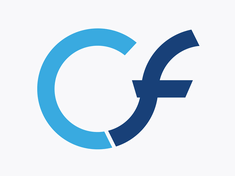Posts made on February 2024

Implementing Client Side File Uploading with Uppy
In this article, I will show you how to integrate Uppy, a popular open-sourced JavaScript uploader, with ColdFusion to allow your users to upload files. I will show you how to configure and customize Uppy and provide a working example of how to post files to the server using XHR and a ColdFusion backend.

Uploading Files With ColdFusion
In this article, we will cover how to upload data to the server using ColdFusion. We will also discuss security concerns and common best practices when uploading data using ColdFusion.

How to Install and Register Adobe Fireworks Using Adobe Cloud
A few years ago, Adobe deprecated Adobe FireWorks and made it difficult to find and install. If you need a moderately robust graphics program for the web, this article will show you how to get around some of the common issues of installing Adobe Fireworks.

Tags vs Cfscript in ColdFusion and Lucee
ColdFusion supports both a tag-based language, similar to PHP, and cfscript, which is a C-style language similar to Javascript. In this article, we will discuss some of the potential use cases of both styles.
